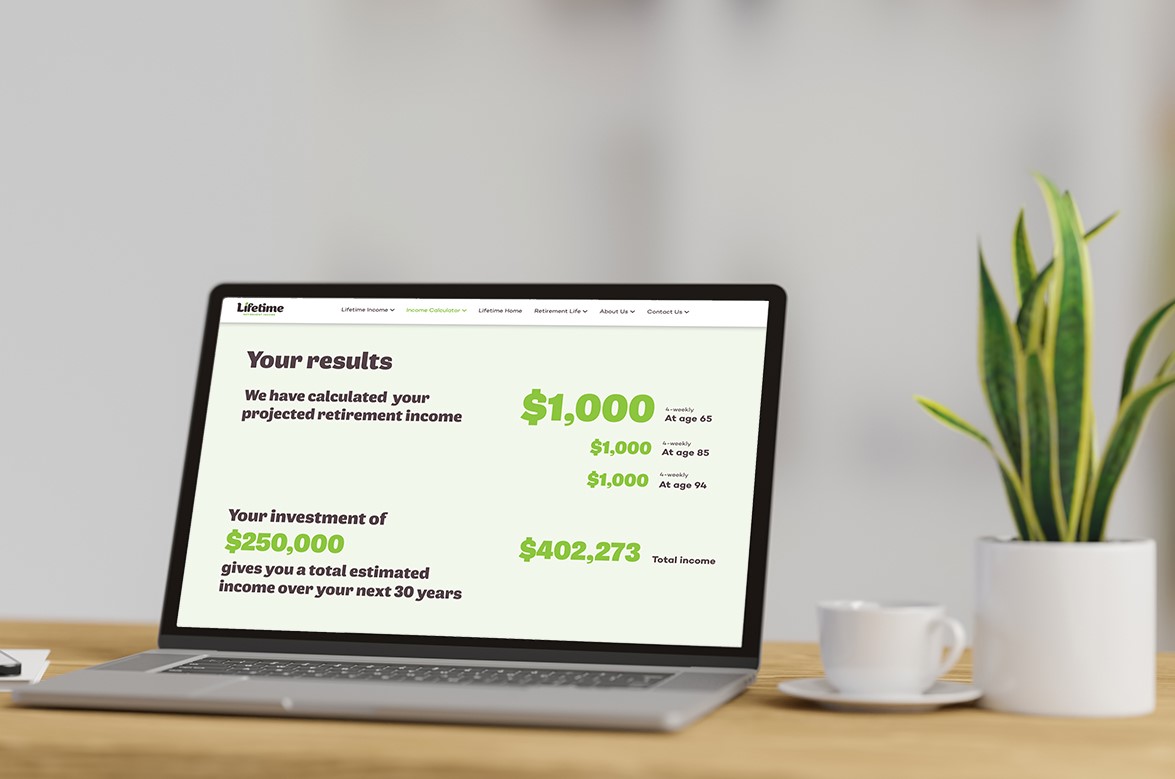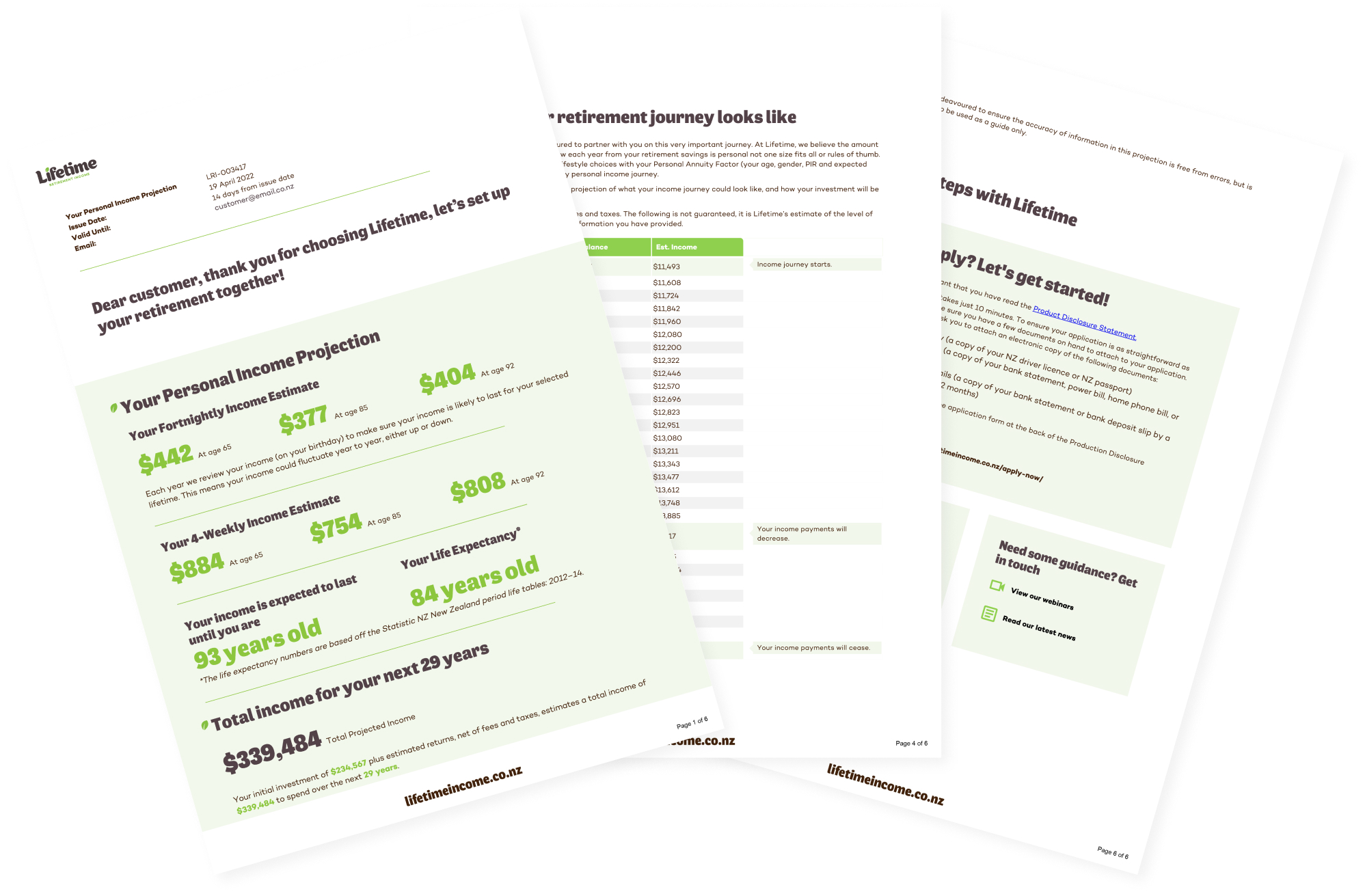Retirement Life
20 August 2025
The top five issues for retirees right now
There’s no doubt the New Zealand economy is going through a tough period and it’s hard to see the light at the end of the tunnel. Lower interest rates haven’t yet stimulated economic activity, the housing market is dead and businesses, particularly those in retail and hospitality, are closing. Against this backdrop, retirees are facing several key issues.
1. Housing
Many Kiwis rely on the value in their family home to supplement their retirement savings through capital gain. The stagnant property market has put paid to the strategy of downsizing at retirement to turn capital gain into cash. Not only has there been little capital gain in the last few years, but properties in some areas are difficult to sell. This has stymied the plans of some to move into a retirement village. The gap in value between a family home and a retirement village has reduced as house prices have stagnated, while building and refurbishment costs in retirement villages have risen.
There is a declining rate of home ownership amongst those approaching retirement. Around 50% of people aged 50-65 are renters and of the remainder, many reach 65 with a mortgage. The costs of paying rent or a mortgage are just not affordable on a pension income, even with accommodation supplements.
Calculate what you could draw in retirement.

2. Insufficient retirement savings
Research from the Financial Services Council in late 2024 showed that one in five retirees has less than a year’s worth of savings to maintain their current lifestyle. Rising costs of living have forced households to trade-off their long-term savings to cover daily living costs.
People retiring now have been late starters to KiwiSaver, which was introduced in 2007. The average balance for a person aged 61-65 is just under $70,000. This contrasts with Massey University research which shows that an average couple in a provincial area needs anywhere between around $250,000 and $500,000 saved.
It is estimated that around 40% of retirees live on NZ Super alone and another 20% have only a small amount of retirement savings to supplement their income.
3. Rising costs of living
Research conducted by the Retirement Commission late last year showed that many retirees are missing out on medical appointments and social activities and are radically changing their shopping habits to manage cost-of-living challenges.
Around 37% of retirees surveyed said that over the last two years their financial situation has worsened. This is particularly so for those renting or with a mortgage. The annual rate of inflation has now dropped to around 2.7%, down from a peak of over 7% in late 2022. This is within the Reserve Bank’s target inflation rate of 1-3%. The good news is that inflation is expected to fall to closer to 2% by early 2026.

4. Healthcare and aged care costs and availability
The cost of health care in retirement is often underestimated. Health insurance premiums for an average 65-year-old are around $5,000 per annum, which is unaffordable for those with low retirement savings. From that age, premiums rise steeply, requiring an assessment of the risks of health events versus the cost of insurance cover and options for premium reduction, such as increased excesses.
The public health system cannot be relied upon for the timely provision of non-urgent health care, forcing many retirees to pay out of pocket for private health care services if they don’t have health insurance.
There is a shortage of beds in aged care facilities as the economics of operating these facilities within the government’s aged care subsidy just don’t stack up. In many aged care facilities, there are extra charges for features such as private bathrooms. Going forward, your quality of life in aged care will be increasingly dependent on your financial circumstances.
5. Limited options for retirement income
Most financial services providers in the retirement space focus on developing products that support savings accumulation rather than helping people convert lump sums into retirement income streams or home equity into cash. Lifetime Retirement Income has long been one of the few exceptions, with a focus on helping retirees turn what they already have into a reliable income.
Because the biggest challenge for retirees is to find ways of running down their retirement savings at a rate that ensures they neither run out of money before the end of life nor spend less than they intend to. Much greater innovation is required by financial service providers, and potentially the government, to come up with more innovative product solutions.
Lifetime’s approach, from the flagship drawdown fund to the debt-free Lifetime Home equity release option, shows how tailored solutions can give retirees more certainty, control, and dignity in their later years.
Project your retirement income.

Invest with Lifetime for a retirement income managed for living.
